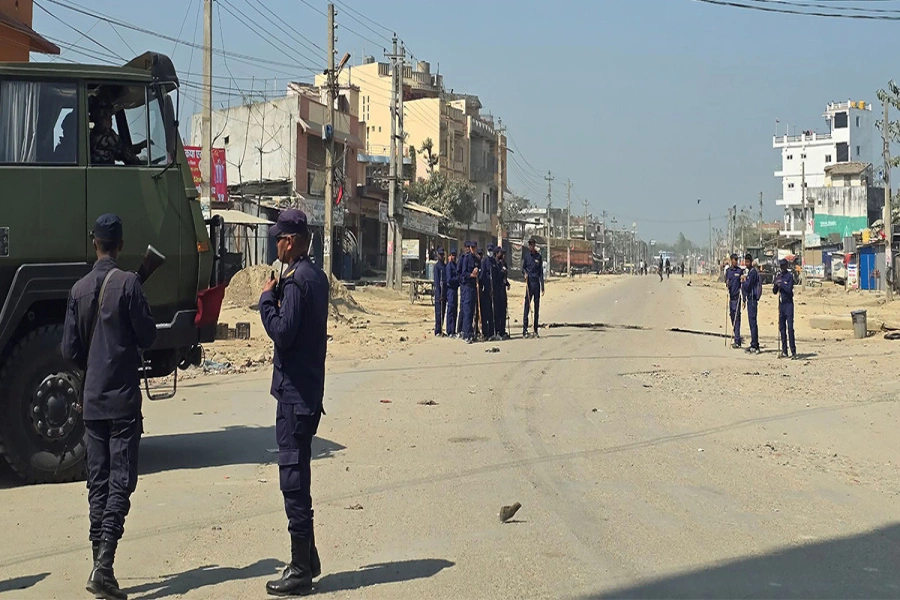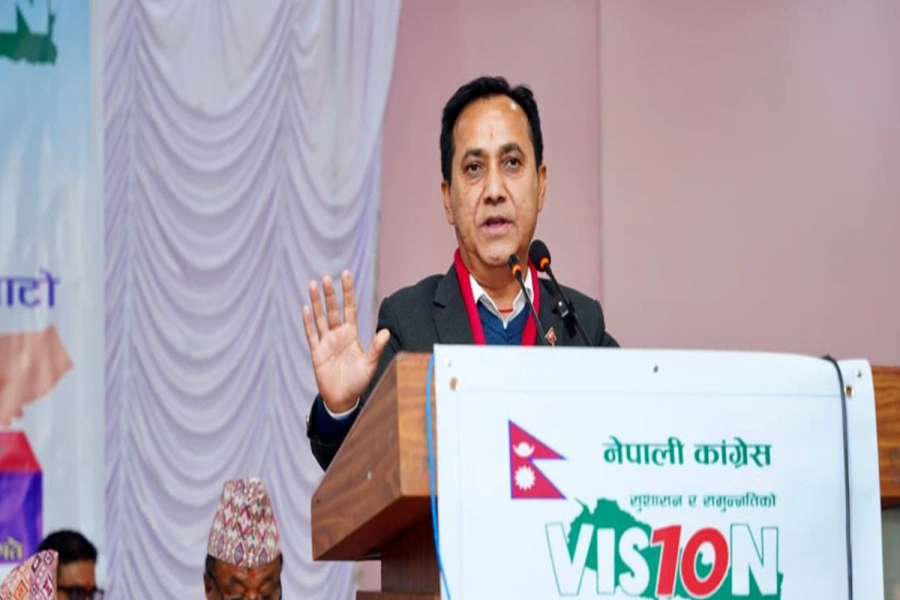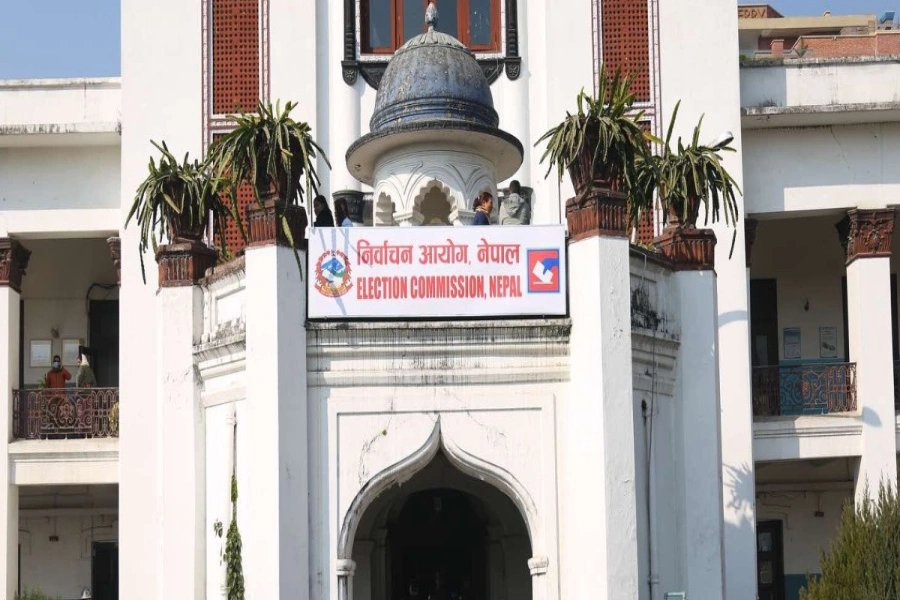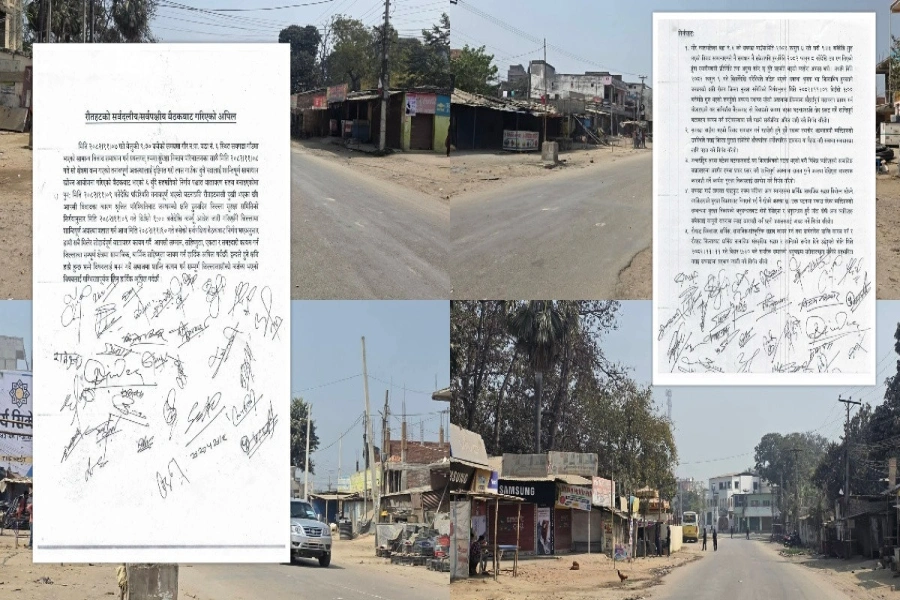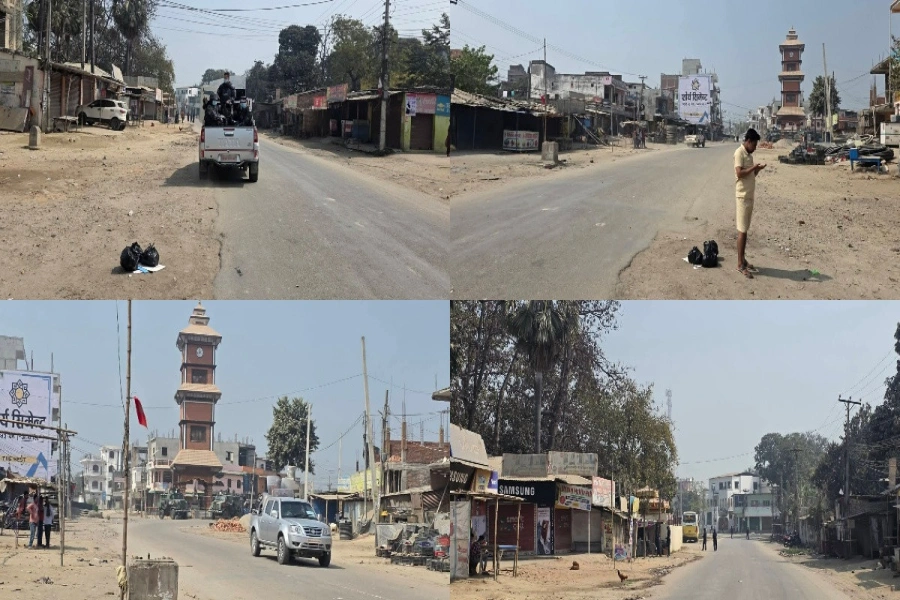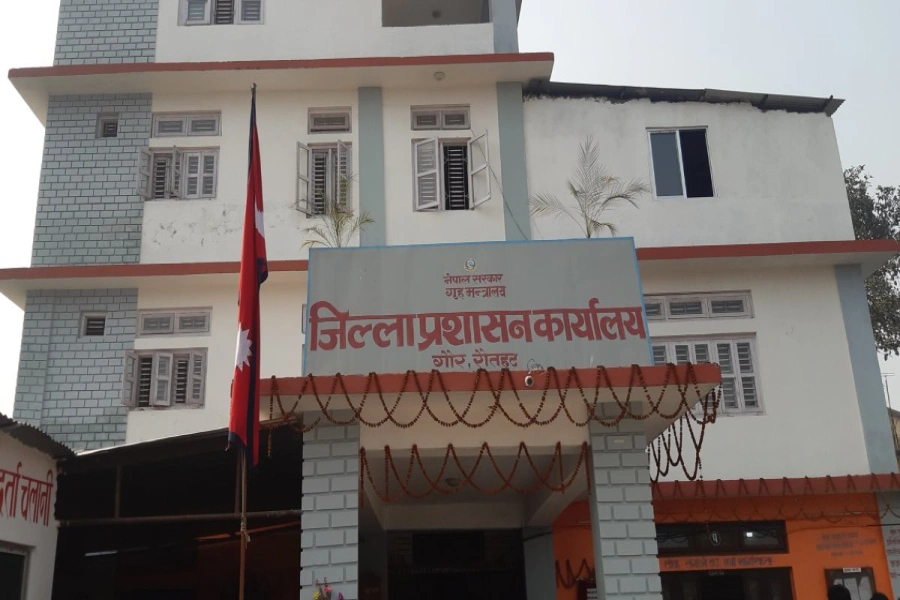Nepal’s ranking in World Bank’s Doing Business (DB) improved from last year’s 110th to 94th, mainly due to the improved scores in getting credit, trading across borders, and dealing with construction permit sub indicators. This news brought much needed joy to the finance ministry beset with the increasing criticism of how it has hitherto handled economy. The finance minister was said to be “giddy”, according to an expatriate living in Kathmandu who met him after the ranking came out, and a news conference was organized in the ministry the next day. The ranking, which had remained more or less constant for more than 10 years (see the graph), suddenly seemed to be moving in the right direction. The ministry officials rightly promised to create a momentum and improve the ranking in the years to come.
What it means
To those unfamiliar with Nepal’s domestic politics, it may come as a surprise why Nepal placed such an importance to this particular ranking. There are many other rankings, such as Worldwide Governance Indicators, Civil Liberties indicator (Freedom House), Openness Indicator of Heritage Foundation etc. These rankings are used by the Millennium Challenge Corporation (MCC) to ensure continuity of its aid in Nepal. Two weeks ago, we saw Nepal hardly registering any progress in Global Competitiveness Ranking and Global Hunger Index. The emotional allegiance to the Doing Business ranking is explained partly by the fact that it was one of the rankings the finance minister cited in his controversial White Paper, which his ministry published in March 2018.
Unfortunately for the finance minister, the ranking of Nepal slipped from 105th in 2018 to 110th in 2019. Nepal similarly slipped in Corruption Perceptions Index, another ranking he cited in the White Paper, last year. Clearly despondent, the finance minister claimed in one of his speeches last year that the World Bank had promised to revise Nepal’s 2019 ranking. The huge improvement of Nepal’s ranking therefore means a lot to the finance minister and his ministry.
Government eyes 80th rank in next year’s Doing Business Index

Going back to the ranking itself, the DB report has improved Nepal’s score disproportionately in getting credit partly for the improvement made in getting access to credit information. Nepal was also cited favorably for decreasing time required to export and import by opening Integrated Check Post in Birgunj which came into operation in early April 2018 (coincidentally, just when the Oli government was formed and hence has nothing to do with the actions of the current government). The report has rightly praised efficiency gained in court proceedings after schedules in courts have been subjected to pre-specified time constraints. The report also praised Nepal for making it easier to obtain building contracts (by reducing fees and improving electronic platforms related to processing applications). However, Nepal’s score on paying taxes, registering property, and starting a business sub indicators have decreased.
Points of dissatisfaction
There were also widespread dissatisfactions about the report in Nepal. Major disagreements mainly boil down to three main arguments.
One, the ranking was improved mainly due to two indicators which are of marginal importance to the businessmen in ground. The government had claimed it was simplifying processes such as time required for registration, documents needed to pay tax, or time required to have access to electricity. It also claimed to have sorted out issues related to fiscal federalism, capital budget expenditure, investment climates, taxation etc but these were not really the indicators the report said Nepal was making progress on. People were expecting Nepal to improve its score in other parameters, but not on the improved access to credit information due to expanded coverage of credit bureau or reduction of costs while building a warehouse in Kathmandu. For many, this thing actually came from nowhere, and it has generated a bit of incredulity. It is also not clear how this indicator improves investor’s confidence in Nepal’s business environment. Coincidentally, if one removes the gain in Nepal’s score due to improved access to credit information, Nepal’s DB score will be 60.7 and its ranking 110th, precisely where it was last year.
Two, how come Nepal is not improving in other rankings? DB ranking is published by an agency that is a lender. And lending agencies probably want to make the borrower happy. How fair is it for the bank to come up with this ranking every year? To many, it is like investment banking underwriting initial public offering issuing ratings for the company, a practice common in the United States until the dot com bust. Nepal’s ranking on other indices such as Global Competitiveness Index, Global Hunger Index and Index of Economic Freedom have not improved. Can you compare your grades when in one subject it is 30 and 99 out of 100 in others? This is unlikely to happen. So, is DB ranking an aberration? In its inaugural ranking in 2006, the DB report ranked Nepal 55th which was subsequently revised to 90th in the following year. Nepal never bounced back to sub-hundred ranking after that except for its ranking of 99th in 2016.
Three, how come our industrialists do not feel the difference? Their grievances about the lack of business environment in Nepal have not subsided. But if there is some good news for the industrialists, they should be the first one to know about it. However, issues of red tape, difficulties in getting loan are still around. The report by Nepal Rastra Bank also indicates that the capacity utilization rate of existing industries is sixty percent in the first half of this fiscal year, and is hardly moving in the last two years. Sources in commercial banks say that this year, loans, despite high interest rates, are actually difficult to get if you are a first time borrower in the commercial banks because of tight liquidity position of these banks. While electric machines imports have increased in the first quarter of this year also, it is difficult to say whether the aggregate import by the firms for productive activities has increased or decreased as total import has fallen.
At the end of the day, what matters is not the DB ranking. Nepal’s doing business ranking was consistently better than that of India until a few years ago. Yet, India consistently attracted more foreign direct investments per capita than Nepal. Bangladesh now attracts a lot of foreign investment, its export is increasing every year, and yet it ranks horribly in DB. Is the DB report even relevant for us, apart from pointing out the variables that could be of interest to investors and academicians? The existing foreign investors in Nepal are complaining about unhelpful constraints such as increase in minimum threshold of investment to fifty million rupees and stringent visa regulations for foreign workers. The FDI is still abysmally low. Reforms in banking and insurance sectors are yet to materialize. Perhaps we may know when we undertake meaningful reforms before the World Bank’s unit that prepares the DB report.
The author is an economist






